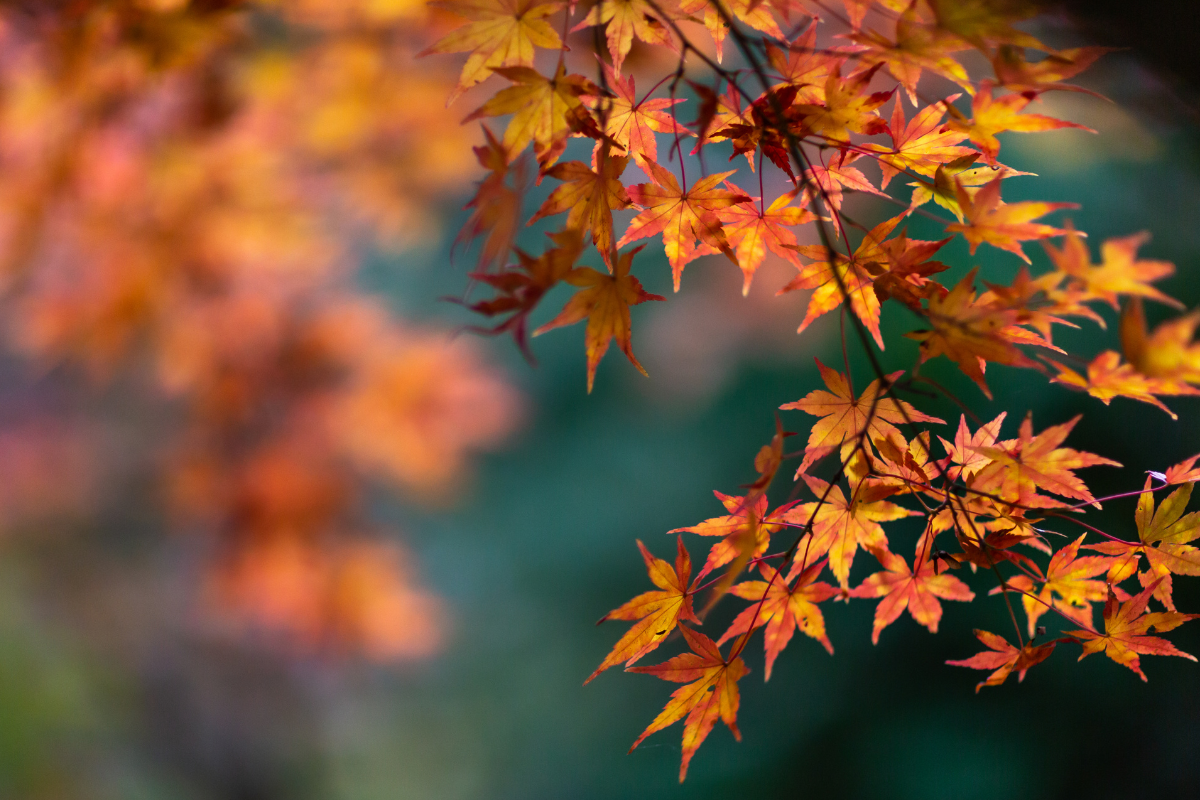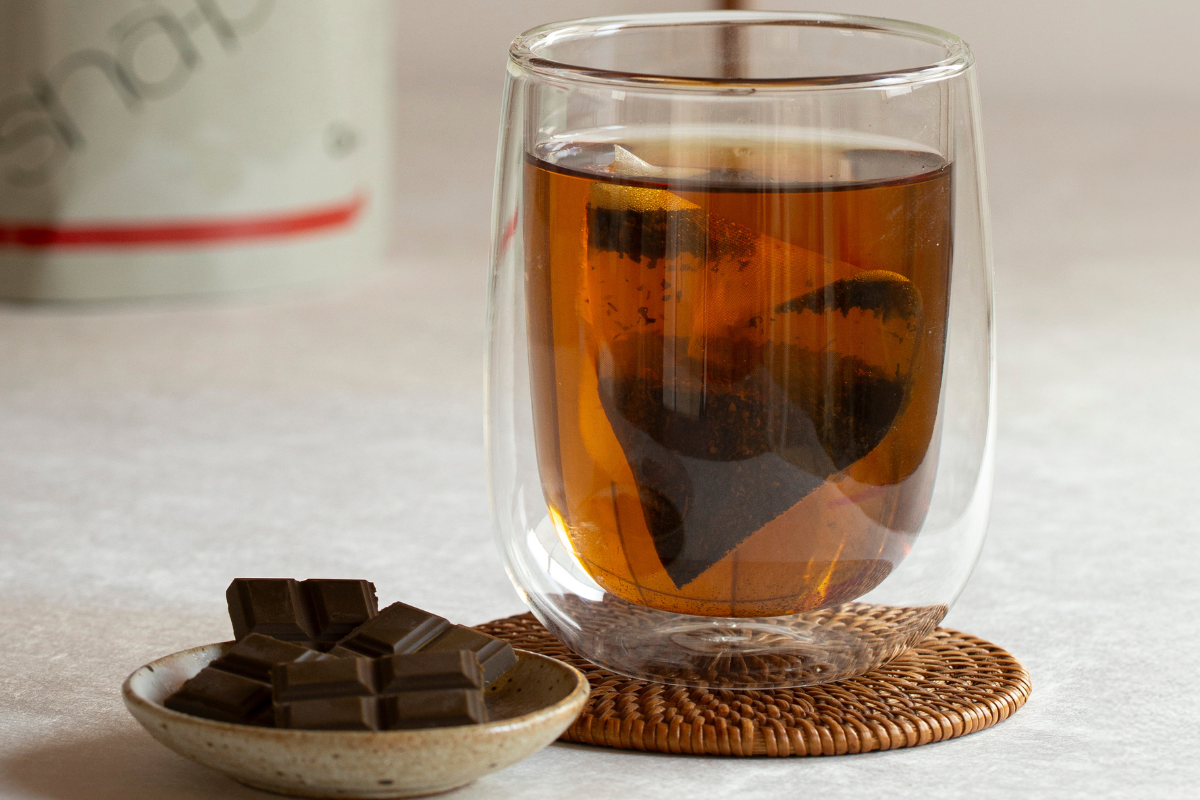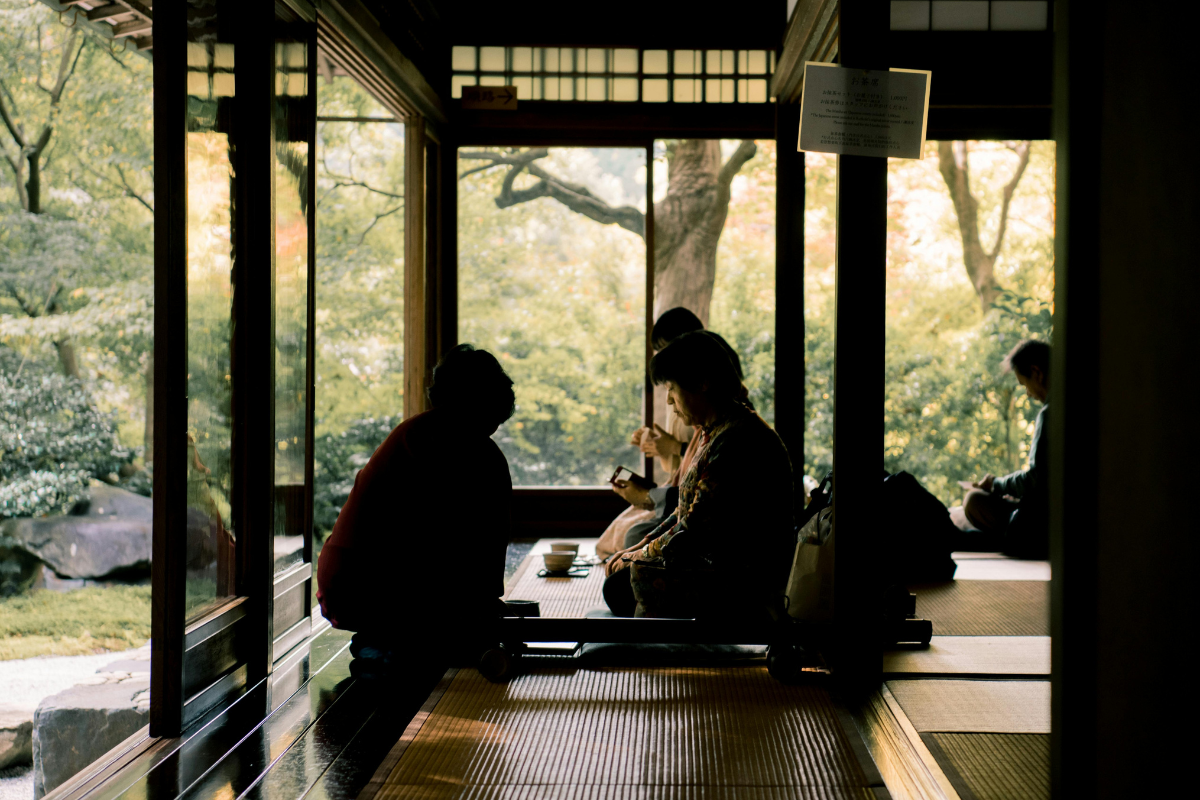
The Return of the 88th Night - A Seasonal Story in Your Cup
Before diving into this week's topic, it's worth taking a moment to enjoy an old Japanese children's song from 1912. Still taught nationwide today, it begins with the line "夏も近づく八十八夜" (Summer is coming, the 88th night). The lyric is simple, but the meaning runs surprisingly deep.
What Is the 88th Night?
"Hachiju Hachiya," the 88th night, is a special day in the old Japanese lunar calendar, which, much like the traditional Chinese calendar, once shaped the rhythm of life across the country. Though Japan now follows the Gregorian calendar, the idea of seasonal counting lives on in culture and custom.

The first day of spring, risshun 立春, usually falls on February 3rd or 4th. From there, the 88th night lands on May 2nd (or May 1st in leap years). Historically, this date signaled the beginning of intense agricultural work: rice planting, field preparation, and most importantly, the harvest of the very first tea leaves of the year.
Why the 88th Night Matters for Tea
Because it coincides with peak tea-picking season, the 88th night became synonymous with shincha, or new tea. Over generations, a belief grew: "Tea picked on the 88th day will ensure long life." Far from being mere folklore, this saying aligns with what we now know scientifically.

The first flush, ichibancha 一番茶, contains the highest concentration of tea's key components: catechins, caffeine, and amino acids like theanine. These compounds contribute to green tea's antioxidant strength, its gentle bitterness, its energising effects, and its naturally calming qualities.
Research backs this up.
Analyses show that these beneficial constituents peak around the 88th day before gradually diminishing. A large-scale study from Osaka University even found that frequent green-tea drinkers faced a lower risk of mortality after stroke or myocardial infarction.
In short, the old wisdom held more truth than expected.
When Autumn Feels Like May

Here's where the story takes a seasonal turn.
Around the autumn equinox, Japan's air and soil temperatures mirror those of early May. Tea farmers have long noticed that the leaves sprouting in this window develop under surprisingly similar conditions to the traditional 88th night.
These autumn leaves are known as "The Return of the 88th Night", an autumn harvest believed to carry the richness, balance and vitality of spring's first flush.
A Cup That Bridges Two Seasons

Our 88th Night Autumn Tea is crafted from these limited seasonal leaves. It brings the brightness of spring tea together with the gentle depth that only autumn can impart: a cup that feels both refreshing and grounding.
As the days cool and the evening draws in, this is a tea that beautifully captures the harmony of two seasons meeting in a single sip.
This autumn release is seasonal and produced in limited quantities, so feel free to enjoy it while stocks last.




Leave a comment
This site is protected by hCaptcha and the hCaptcha Privacy Policy and Terms of Service apply.